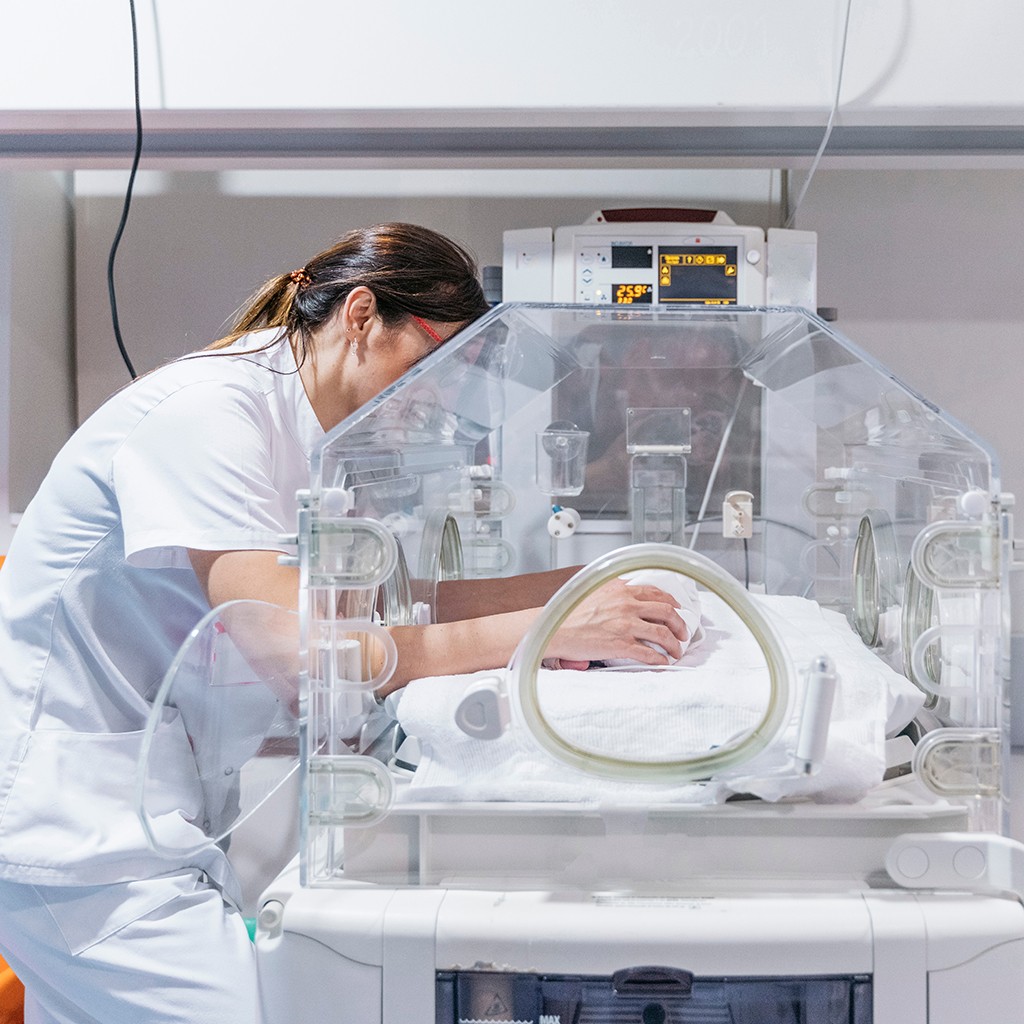The Telegraph have undertaken an investigation into NHS hospitals in England, alleging that babies who were born alive, were stillborn. This has prompted accusations hospital Trusts were trying to avoid scrutiny.
The investigation revealed that six babies who died before they left the hospital were wrongly described as stillborn. Several of the children lived for minutes and one lived for five days.
A stillbirth is when a baby dies after 24 completed weeks of pregnancy. This means they had no sign of life, like a heartbeat, outside of their mother's body even for a few moments. A neonatal death is when a baby takes a breath and lives for up to 24 days after delivery.
Coroners are not able to carry out inquests into stillbirths, unlike neonatal death. In 2019 the Government proposed changing the rules to give coroners the power to investigate stillbirths, but to date, the legislation has not been changed. This can prevent families from understanding the reason for their loss.
In one case, an obstetrician told a coroner in Stockport that he had been pressured by an NHS manager to say a baby he had delivered had definitely been stillborn, to stay “loyal” to the trust.
His comments are likely to raise fears that some NHS trusts in England have used the stillbirth label to avoid having coroners examine any errors that may have been made by staff.
The revelations raise questions over transparency at some NHS trusts and their obligations under the legal duty of candour.
All the NHS trusts that wrongly classified neonatal deaths as stillbirths have apologised to the babies’ parents and say they have changed their practices. However, for those families, it means any poor care that could have caused the death of their baby cannot be fully investigated.
Parents of babies wrongly said to have been stillborn rather than a neonatal loss also face financial implications, as they are not eligible for statutory bereavement awards worth more than £15,000.
The Telegraph reported the tragic experience one of the parents suffered whose baby's death was recorded incorrectly as a stillbirth.
Their daughter lived for five days in 2016 after being born at the East Kent Hospitals University NHS Foundation Trust.
The expectant mother was rushed to hospital after meconium, the name for a baby's first stool was spotted after her waters broke, and is a sign the baby is in distress. She thought she would have an emergency C-section but instead was taken to the labour ward to have a vaginal birth.
The parent's daughter was eventually born but suffered hypoxic ischaemic encephalopathy — brain damage from lack of oxygen and needed to be resuscitated.
She went on to live for five days, spending her entire time in hospital with her parents.
Initially, her parents thought the loss of their daughter had been a 'horrible freak accident'.
But as events later unfolded, the couple began to question the openness of staff at the hospital, the newspaper reported.
Before they left the hospital, they were handed their daughter’s death certificate, which listed both hypoxic ischaemic encephalopathy and 'stillbirth' as the causes of her death.
The registrar was 'shocked' when they presented the certificate to record the birth and death.
While the trust has now admitted that it was wrong to log the baby’s death in the way it did, 'stillbirth' is still listed on her death certificate and her parents have never had an inquest to provide them answers.
The trust's chief medical officer, Dr. Rebecca Martin, said it 'apologises unreservedly'.
This is just one case of the six that have been identified and is likely to lead to a wider-scale investigation.
Following on from baby loss awareness week, and the larger Ockenden enquiries, we hope that the families affected will have the opportunity to gain the answers they need.
How can we help
If you or your family have suffered because of medical negligence, we’ll help you to rebuild your life for the future. Contact us today and let us help you.






